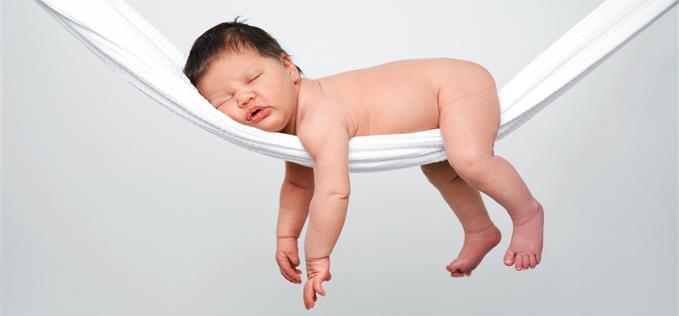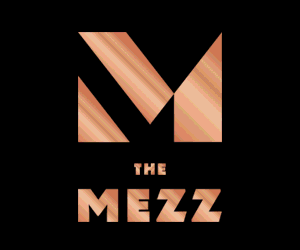HOW’S it going?
Is there any point staying dry if we’re going to drink ourselves silly come February?
I ask because it’s usually at this point in January when our initial peppy enthusiasm - which came dressed in a new gym kit and naff sweat bands - begins to waver.
Is any of it, all this ‘New Year New Me’ malarkey, really sustainable? Again, I ask because my new diet means I’m constantly starving, the gym is great but I’m a little tired, plus there’s an unopened bottle of Sauvignon Blanc in my kitchen that’s just staring at me...
Surely the ‘new me’ wouldn’t mind if I reverted back to the ‘old me’ for some momentary respite? A little sip…
Completing ‘Dry January’ appears to have been the most popular goal with the resolutioners of late, with two million people joining up to the fundraising scheme for Alcohol Concern last year. Under the strapline, ‘promoting health and improving lives’, Dry January aims to address society’s long and tempestuous love affair with alcohol.
Fundraising aside, there’s something quite revealing about a 31 day sober streak, with some finding a month without alcohol harder than expected, urging some to readdress their habits. But you don't have a problem, you can quit anytime, right?
So what are the overall benefits to staying sober this month? And is there really any point staying dry if we’re just going to drink ourselves silly come February? Read on...
YOU COULD LOSE WEIGHT
There’s an obvious reason why drinking is never, ever associated with the fit and the svelte. The majority of boozy beverages are laden with calories. Regardless of whether your tipple is beer, wine or a snazzy cocktail, drink them regularly enough and they'll all contribute to weight gain. What's more, people also tend to eat more when they’ve had a few, and it’s usually the wrong thing, like a donner kebab at 3am.
So give up the booze and just think how many calories you'll avoid, you'll also lower your cholesterol. One Dry January advocate reported losing three pounds in the first six days, while another person claims to have lost 25 pounds over the month.
Cancer Research has a nifty alcohol calculator to help figure out how many calories you could avoid
YOU COULD REDUCE STRESS LEVELS
Anxiety is a very common affliction in this fast-paced age of ours. And boozing is not helping one bit. So drink less and potentially stress less. Of course, many use alcohol to blow off steam and wind down (or rather, wine down), but if you already have a problem with anxiety and stress, drinking is doing you no favours. Alcohol is a depressant and, according to Drinkaware:
'Heavy drinking interferes with the neurotransmitters in the brain that are needed for good mental health. So while alcohol may help deal with stress in the short term, in the long run it can contribute to feeling of depression and anxiety and make stress harder to deal with’.
So why not take the opportunity to deal with your stress levels head on and with a clear head in January.
YOU COULD ACHIEVE BETTER SKIN AND HAIR
Have you seen Jennifer Lopez? Of course you have. The 45-year-old looks 25 and wears the hell out of a skimpy dress. Well, Ms Lopez claims one of the secrets to youthfulness is not drinking - and we’d be inclined to take her advice. Alcohol dehydrates your skin, and drains you of essential nutrients making your skin appear dull and tired. Same goes for your hair. Excessive drinking can also lead to hair loss. Give up the drink and expect the compliments to come flooding in.
 Give up booze and sleep like a baby
Give up booze and sleep like a babyYOU COULD SAVE MONEY
A drinking habit is an expensive habit. Give us a few drinks and suddenly we're offering rounds like P Diddy on a yacht – you know, poppin’ bottles. Give up alcohol in January (when most of us are skint anyway) and see your going-out spend drastically reduced and extra cash in your pocket. Dry January estimates suggest that ‘the average adult spends around £886 every year on alcohol' – that’s almost £75 every month.
YOU COULD HAVE A BETTER NIGHT SLEEP
If you’ve suffered the plight of alcohol induced night terrors, then you’ll know full well that alcohol can disrupt your sleeping patterns. While a nightcap, such as a glass of wine before bed, can make you feel sleepy, when your body attempts to break down the alcohol in your system it ‘can have a stimulating effect’ keeping you out of the deeper stages of sleep. Since you’ll likely not be going out a great deal throughout the month of January anyway, enjoy the benefits of a more peaceful nights sleep and reemerge refreshed in February.
YOU WILL BE HANGOVER-FREE
I think we can all agree a month waking up with a clear head and a settled stomach is the ultimate benefit of Dry January (and some will be glad to spend a month waking up in their own bed with all their clothes on). No hangovers means more chance to be productive and get a head start on all those other resolutions on the mighty New Year list.
Find out more about Dry January and fundraising for Alcohol Concern on the website










